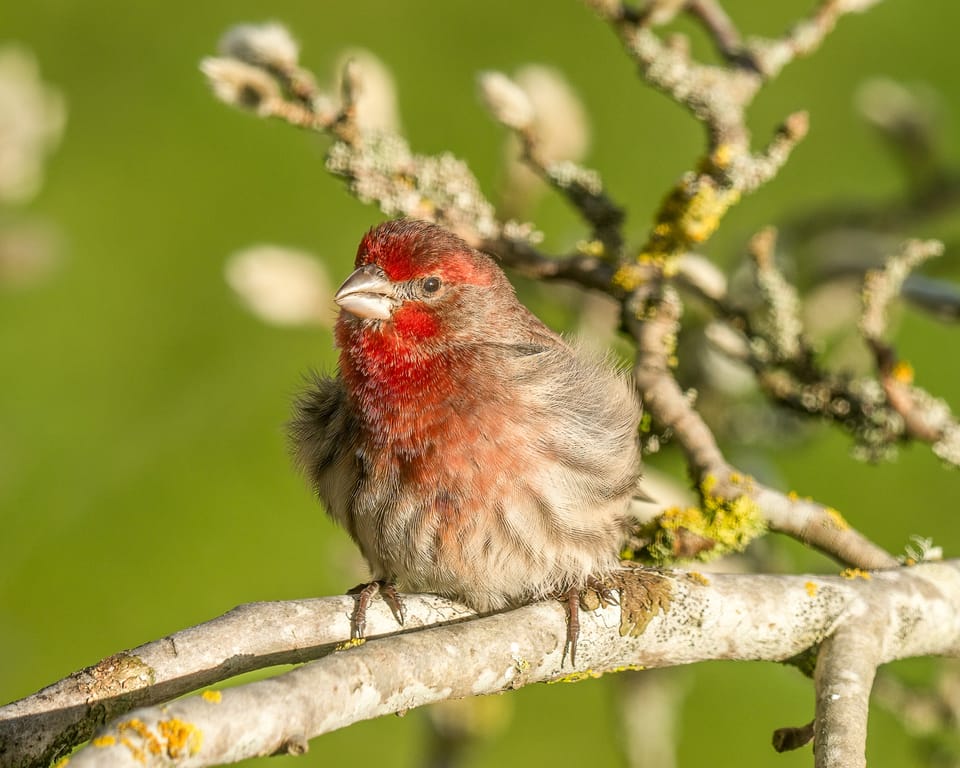EcoWest News, January 28, 2025

Welcome to EcoWest News, a weekly round-up of news and resources that you can put to use in addressing environmental issues and protecting the wild in your community.
The reintroduction of coal mining in Alberta and fast-tracking environmental reviews in BC is disappointing, but there are signs of progress as well. They’re tackling construction waste in the Bow Valley, building salamander road crossings in Waterton Lakes National Park, and introducing a new rental program for outdoor and photography gear.
Across the West
Poor communications and opposition from local landowners have stopped the development of an ecological corridor along the Little Saskatchewan River in Manitoba. Supporters view the funding loss as a missed opportunity for conservation and for landowners. [CBC]
The Government of Saskatchewan is considering extending the life of its coal-fired power plants. [CBC]
Birds Canada and the Saskatchewan Stock Growers Foundation have launched the Bird-friendliness Index Incentive Pilot Program to assist in rewarding ranchers for conserving grassland birds and their habitat. [Birds Canada]
The Government of Alberta has reopened the eastern slopes of the Rockies to coal mining and exploration leaving watersheds at risk of toxic coal dust, water contamination, strip mining, landscape destruction, and toxic selenium pollution. [The Tyee]
The Environmental Law Centre of Alberta has responded to the Alberta government’s water availability engagement with a series of recommendations that take into account limited water supplies and the needs of the aquatic ecosystem. [ELC]
The mandate letters for BC’s cabinet ministers prioritize support for extractive industries and fast-tracking environmental reviews combined with a lack of commitment for addressing biodiversity loss, protection of old-growth forests, and climate action. [The Narwhal]
Around the World
Many current agricultural practices, such as vast monocultures and trawling, have resulted in significant loss of biodiversity. The loss can be addressed by re-introducing heterogeneity with a complex mosaic of habitats and prioritizing system-level resiliency rather than focusing on individual fish species. [UGuelph]
Los Angeles can fireproof communities as well as houses by introducing buffer zones, reducing the amount of flammable vegetation, adding forest trails, and discouraging development in very high fire-hazard zones. [Undark]
Cities can be leaders in fighting waste by using urban planning and procurement policies and practices to support a circular economy. [The Conversation]
Making a Difference
A trial project initiated by the Biosphere Institute of the Bow Valley was able to divert 50-55% of construction waste on two sites, a significant increase from 10-15% previously. The Bow Valley Waste Management Commission and the Bow Valley Builders and Developers Association hope to build on what they’ve learned in future projects. [Biosphere Institute, YouTube]
Greater Sage-Grouse from Montana are being translocated to Alberta, decommissioned oil and gas well sites are being reclaimed, and protected land is being purchased to provide suitable habitat for the birds. [Alberta]
Rentovault, an Ontario-based start-up, aims to provide better access to outdoor and photography gear by connecting those who own it with individuals seeking to rent. [DP Review]
Directional fencing and underground tunnels have reduced road mortality for Long-toed Salamanders in Waterton Lakes National Park from 44% to 0.6%. [Parks Canada]
Fully electric mini excavators in London, England, are reducing emissions and produce 75% less noise pollution. [Planetizen]
Everyone thought it would create gridlock, but the removal of an elevated highway and the restoration of a stream in Seoul resulted in a tourist attraction that reduced air pollution and flooding. [The Guardian]
Nature’s Wonders
Mangrove seeds often start growing while they’re still attached to the parent tree, only dropping once they reach a certain stage of development. This gives the seedlings a head start with extra nutrition and protection. [bioGraphic]
Photo credit: https://www.flickr.com/photos/apmckinlay/54231631917/
EcoFriendly West informs and encourages initiatives that support Western Canada’s natural environment through its online publication and the Nature Companion website/app. Like us on Facebook, follow us on BlueSky, X, and Mastodon, or subscribe by email.

Member discussion